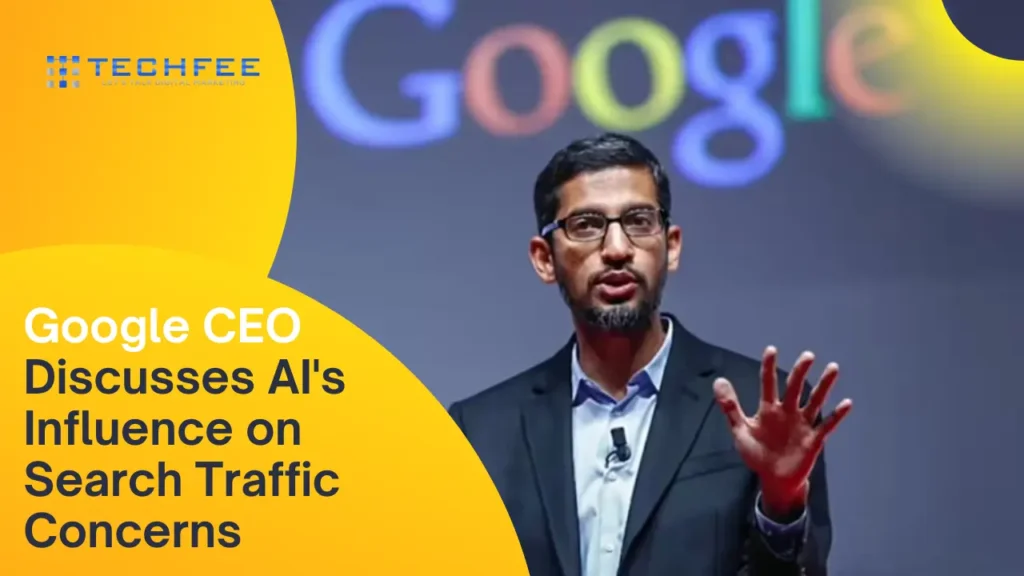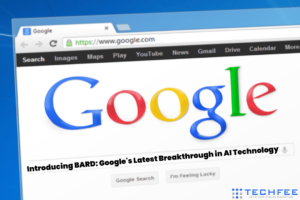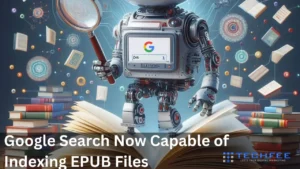Google’s CEO says that people shouldn’t worry about AI hurting website traffic because it makes people more engaged.
Sundar Pichai, Google’s CEO, recently discussed how AI will be used in search results and answered questions from writers and website owners who were worried about how it might affect web traffic.
Google has been slowly adding highlights and overviews made by AI to its search results.
These insights made by AI are meant to give people answers right away and more information right on the search page.
However, authors are worried that this could lead to a big drop in the number of people clicking through to their websites.
Despite the concerns, Pichai expressed optimism about AI’s long-term impact on the web ecosystem.
According to the Google CEO, internal data indicates heightened user engagement with AI-generated overviews, with higher click-through rates on links within these previews compared to standard search results.
Pichai Said: “When you give the context, it also exposes people to various branching off, jumping off, points, and so they engage more. So, this is what drives growth over time.”
Regrettably, Pichai did not offer precise metrics to substantiate this claim.
Pichai says that Google is trying to find a mix between meeting users’ needs and getting people to visit websites, saying:
“I look at our journey, even the last year through the Search Generative Experience, and I constantly found us prioritizing approaches that would send more traffic while meeting user expectations.
… what’s positively surprising us is that people engage more, and that will lead to more growth over time for high-quality content.”
When asked about stories that some websites were seeing big drops in traffic, Pichai said that people shouldn’t draw broad conclusions from a few isolated cases.
His argument was that Google has brought more traffic to the web over the past ten years.
Pichai thinks that the websites that are seeing a drop in traffic are mostly the “aggregators in the middle.”
He said:
“From our standpoint, when I look historically, even over the past decade, we have provided more traffic to the ecosystem, and we’ve driven that growth.
Ironically, there are times when we have made changes to actually send more traffic to the smaller sites. Some of those sites that complain a lot are the aggregators in the middle.
So should the traffic go to the restaurant that has created a website with their menus and stuff or people writing about these restaurants? These are deep questions. I’m not saying there’s a right answer.”
People who work in SEO will find Pichai’s comments helpful in understanding Google’s approach and point of view, but they should be taken with a grain of salt.
Even though the CEO seemed optimistic about AI’s impact, there was no real data to back up what he said. Website owners should keep a close eye on their data to see how AI summaries really affect their traffic.
As Google continues to add AI features to search, the argument over this topic is still very much alive.
Even though Pichai is optimistic, it’s still not clear what the real effects of AI will be on the web environment. At the moment, publishers and SEO experts need to stay alert, flexible, and loud about their worries in a world that is changing quickly.
News Source: Search Engine Journal




